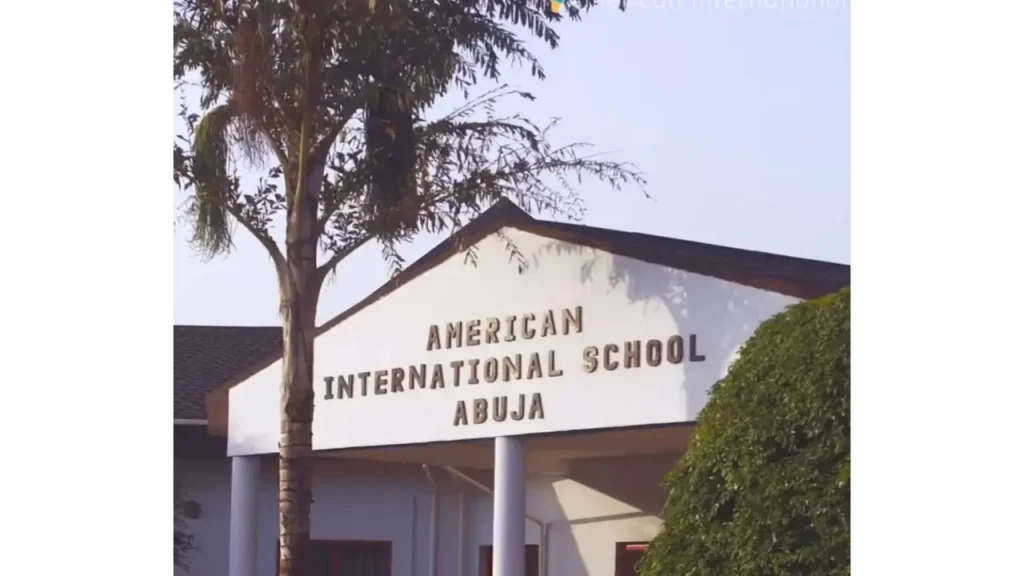• AISA combines a rigorous U.S.-based curriculum with AP Capstone, a 41-nationality student body, and modern facilities, yet recently faced governance scrutiny over financial policy violations.
• Broader industry pressures in Nigeria—such as underfunded infrastructure, gaps in teacher training, and the need for curriculum reform—are driving innovations in educational technology, skills-based learning, and public-private partnerships.
About AISA: Identity, Offering and Governance
The American International School of Abuja was founded in 1993 by a coalition of parents and U.S. Embassy officials seeking to provide a school in Nigeria that would prepare students for further education overseas under a U.S.-style curriculum. Over time, AISA has developed a profile of global exposure: more than 40 nationalities represented among students and staff; a committed mission “Challenge, Collaborate, Empower: Inspiring Global Citizens to be Lifelong Learners.” The school runs the U.S. Common Core, is accredited by Middle States Association and MSA-CESS, and is one of only two AP Capstone schools in Africa.
However, AISA has recently been under public scrutiny. Stakeholders have called for the dissolution of its Board of Governors, citing breach of AISA’s finance policy for approving a ten-year tuition advance payment—far beyond the permitted limit of two years—and for possible contraventions of national financial laws. These governance issues have raised questions about transparency, accountability, and how well institutional safeguards are working.
Also read: xAI and Nvidia join $30B AI fund with Microsoft and BlackRock
Also read: BlackRock’s bitcoin ETF leads with $37 billion in net inflows
Challenges & Innovation: AISA in the Context of Nigeria’s Education Sector
Nigeria’s education industry is under pressure from several systemic challenges: large numbers of out-of-school children, especially in regions affected by poverty or insecurity; underfunded infrastructure; lack of modern facilities and reliable access to technology; and deficits in teacher training and quality.  For international and private schools such as AISA, there is the additional pressure to meet global standards, maintain accreditation, and attract a diverse student and faculty body—all while navigating local regulations and expectations.
In response, innovations are emerging across Nigeria. EdTech startups are providing remote, digital or blended learning options; new policy reforms are pushing for skills-based curriculum changes, vocational training, digital literacy and trades introduced into primary and junior secondary levels. AISA itself emphasises technology integration in its classrooms, 1:1 connected campus, virtual learning readiness, and sustained strategic planning around literacies beyond pure academics—social, civic, cultural, interpersonal. These steps align with global best practices in international education, including accreditation standards and student support services.

